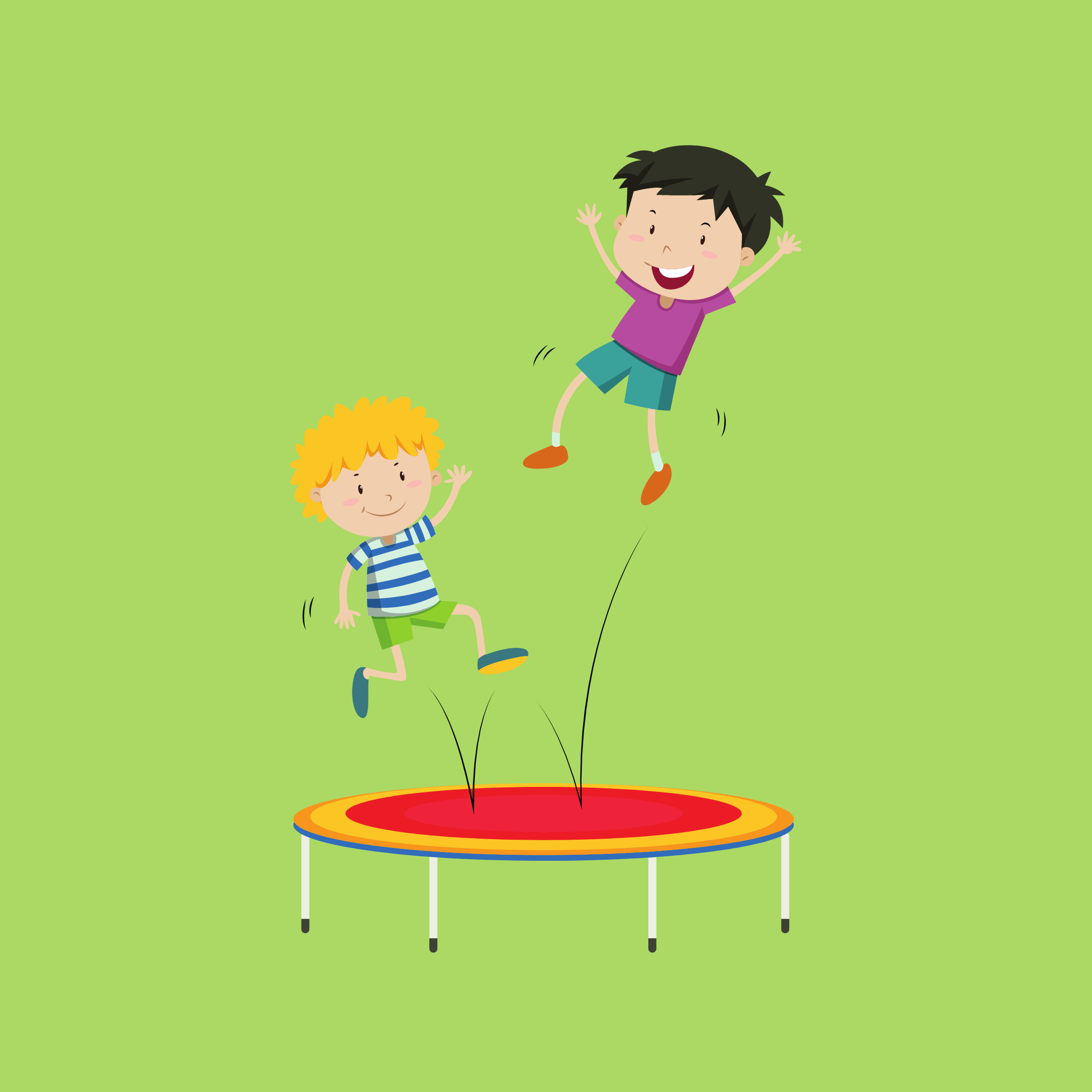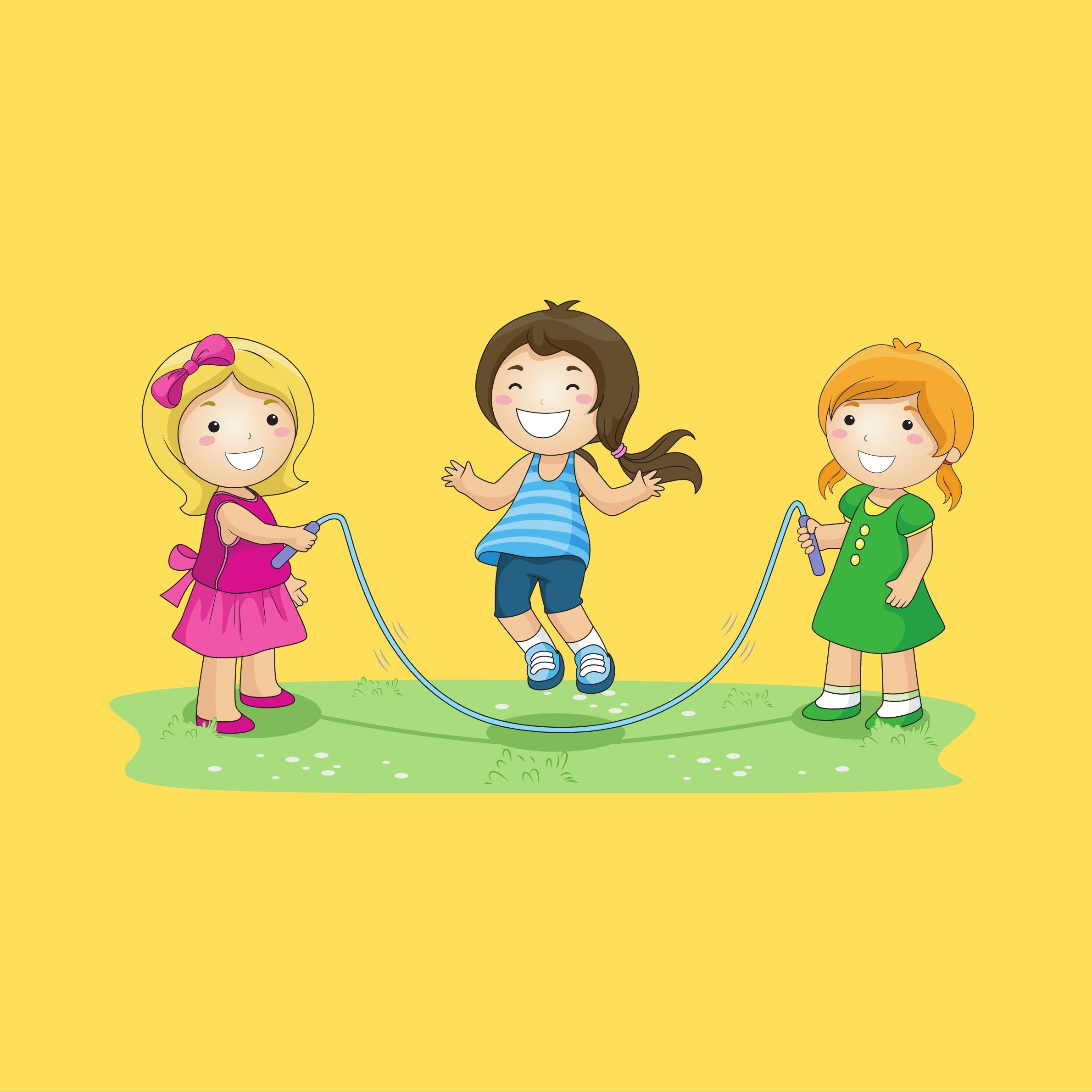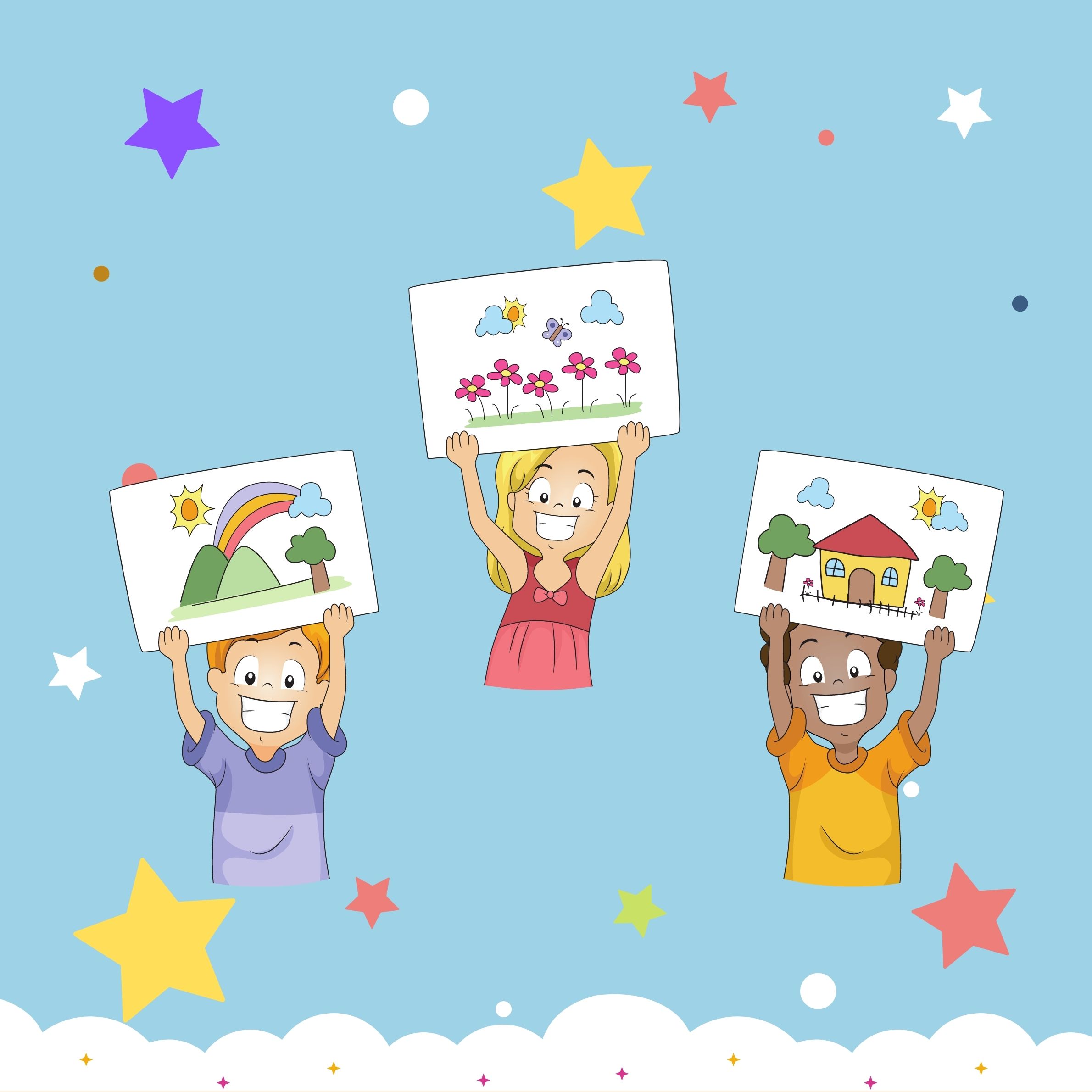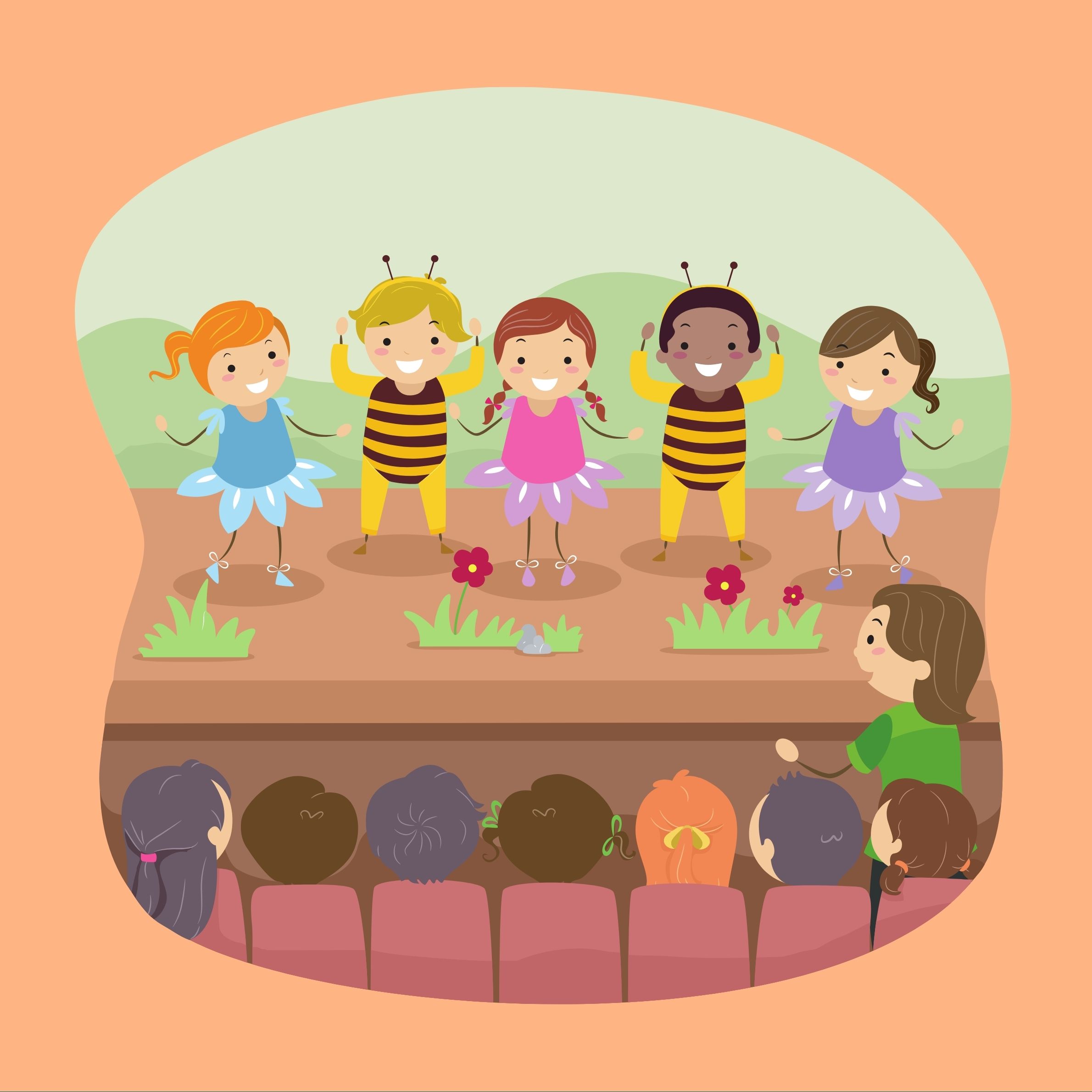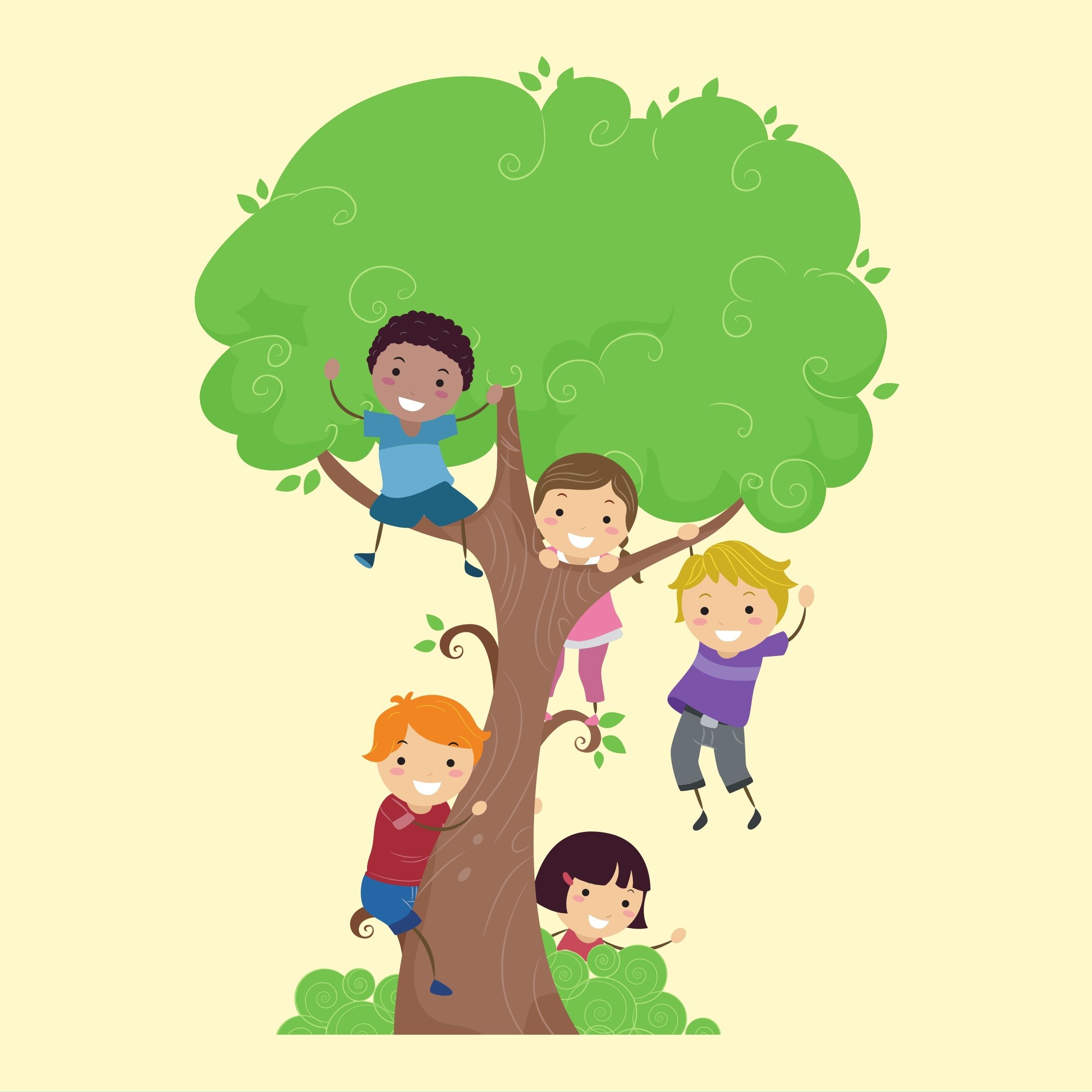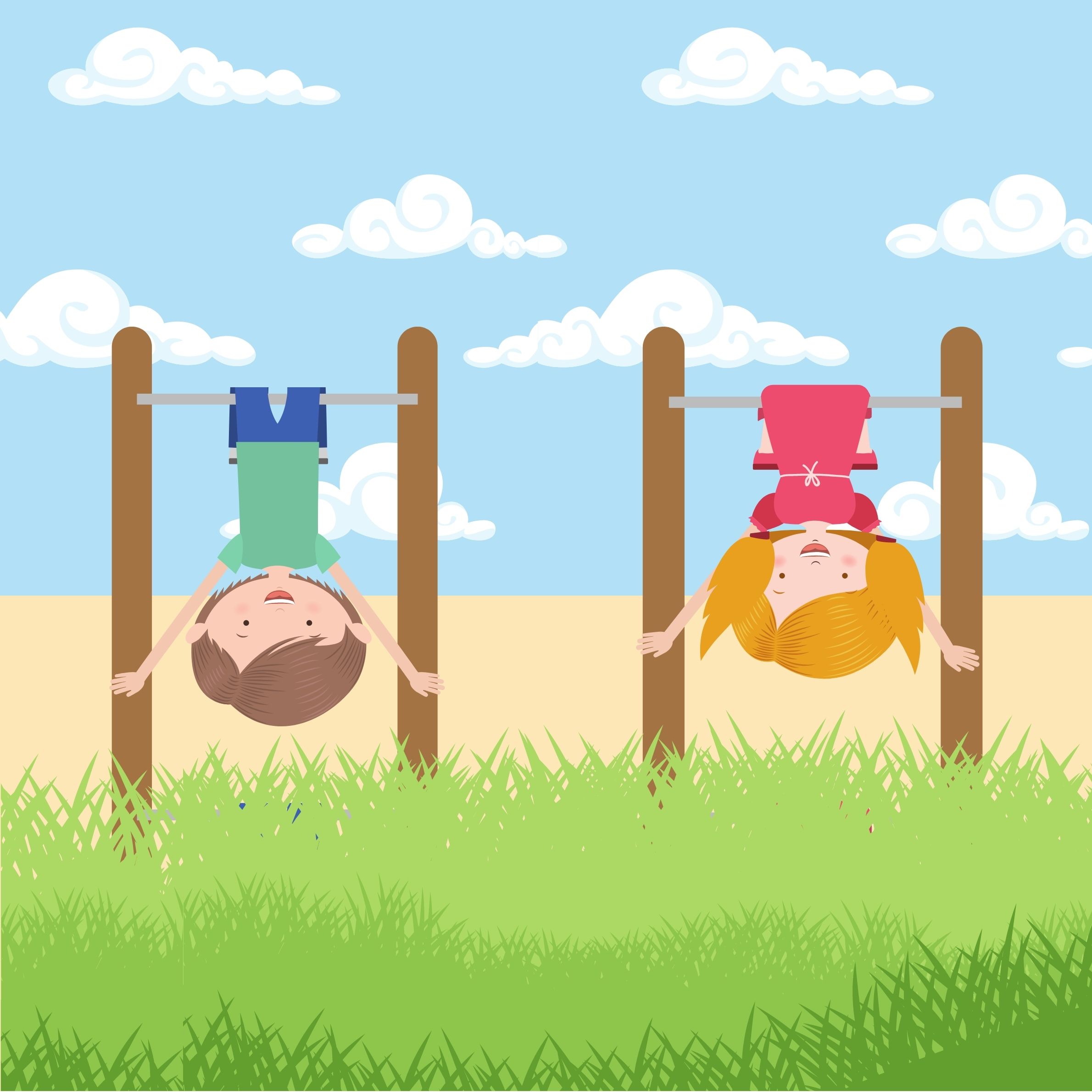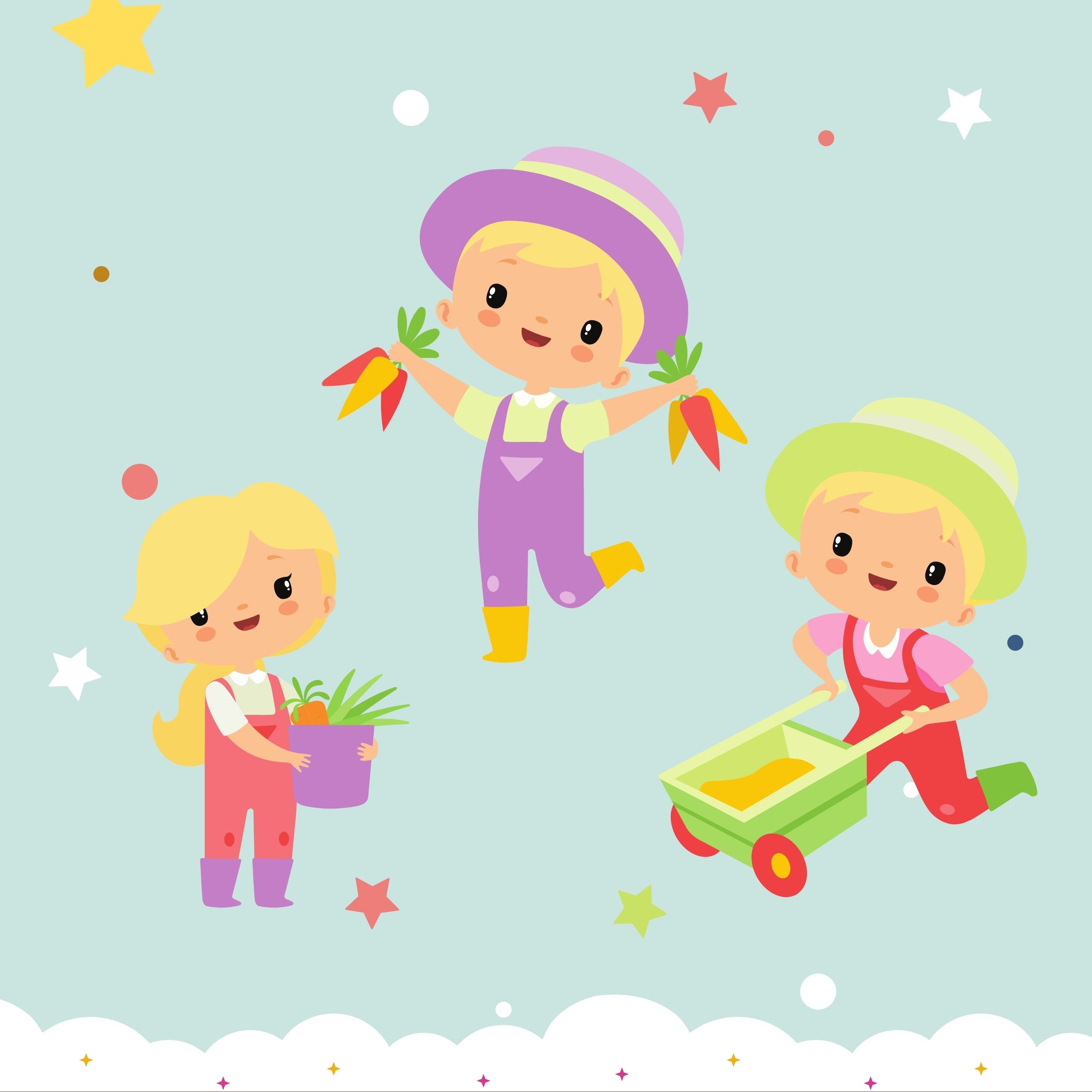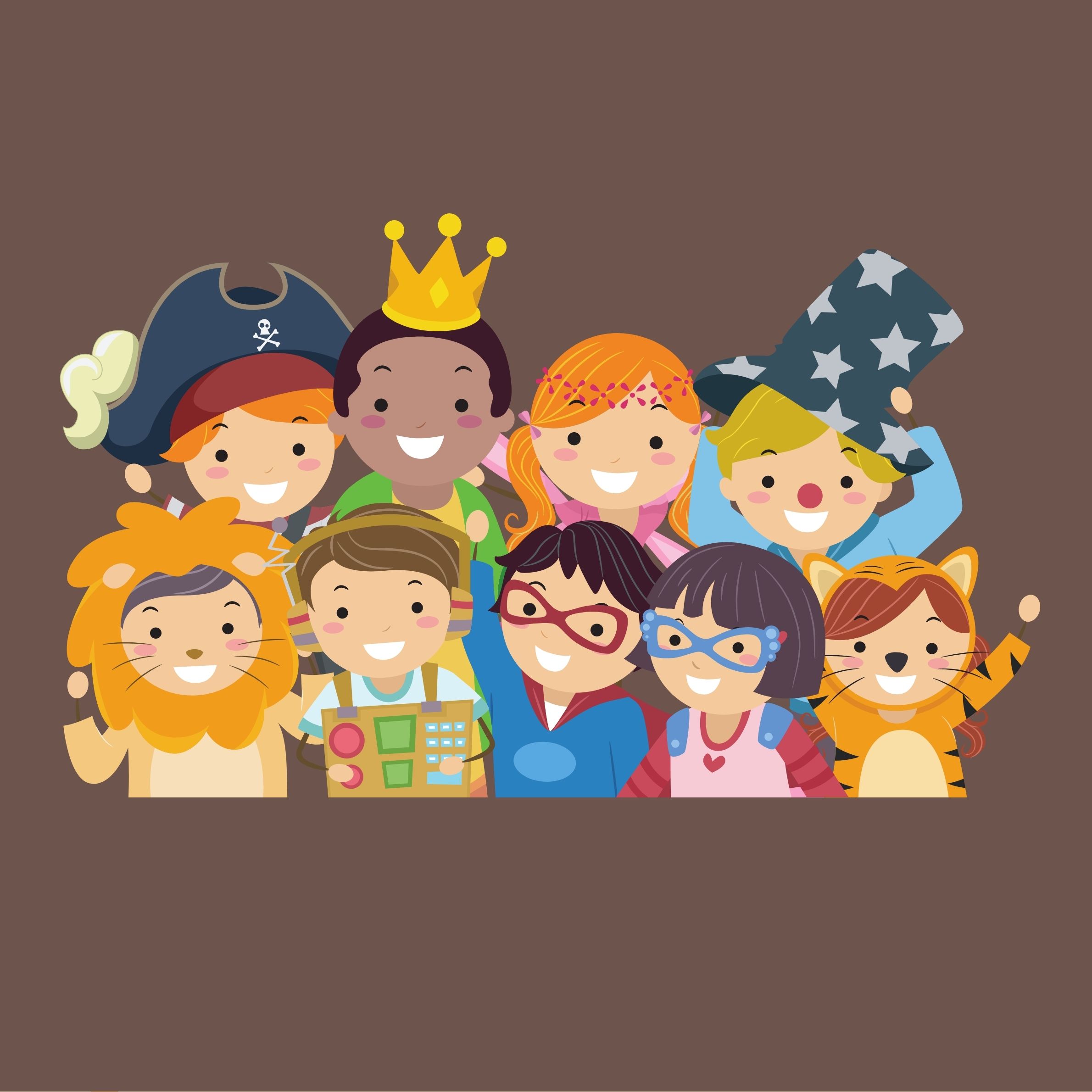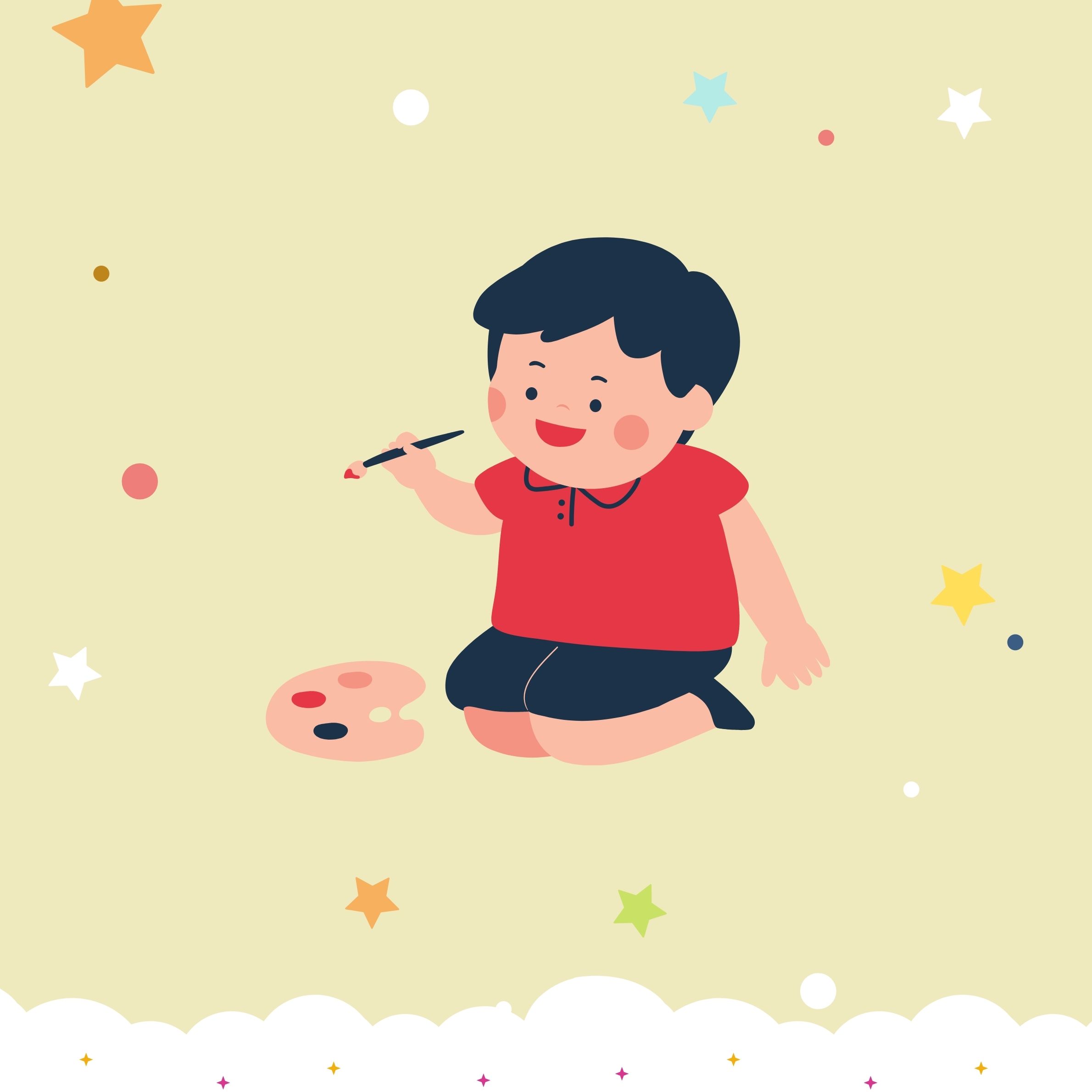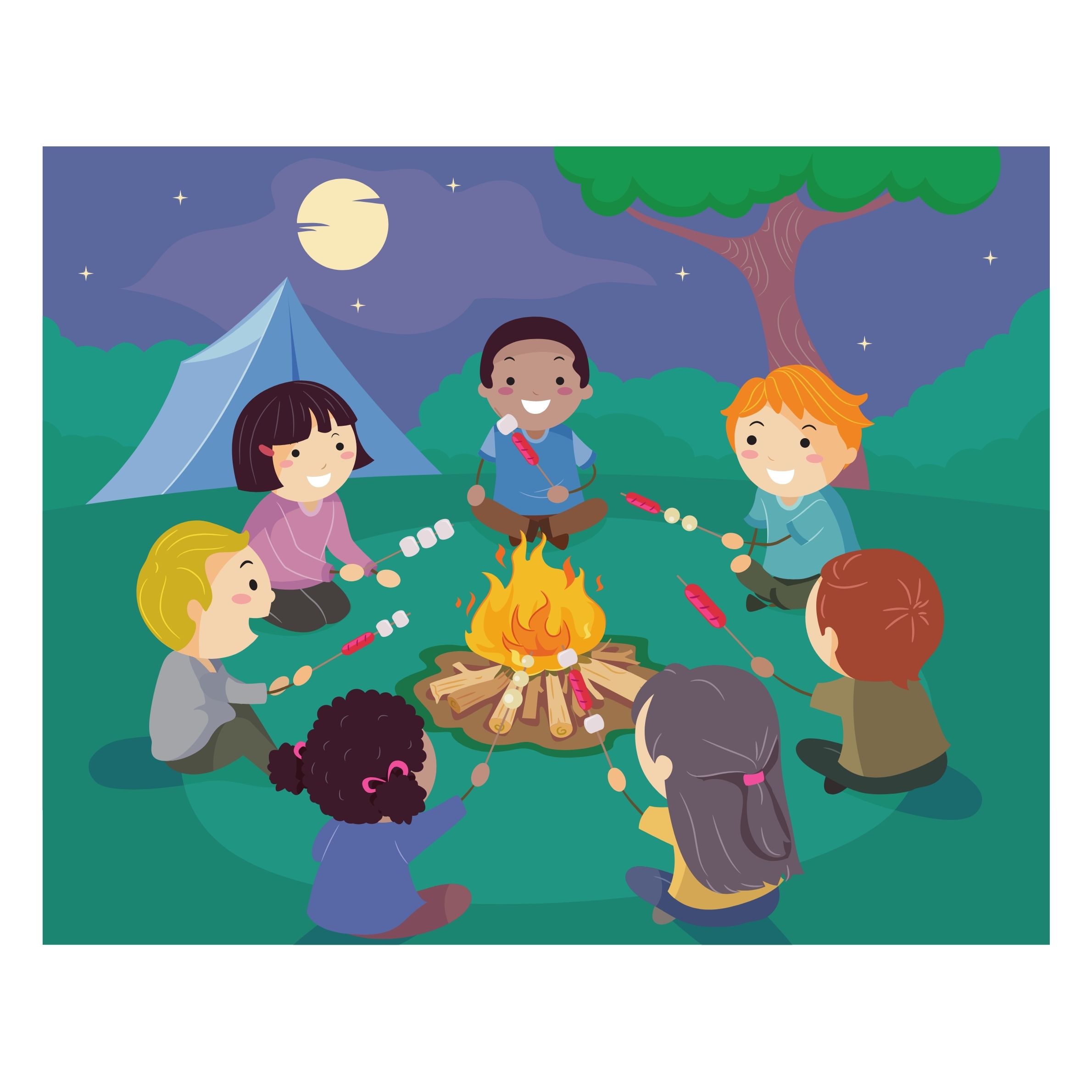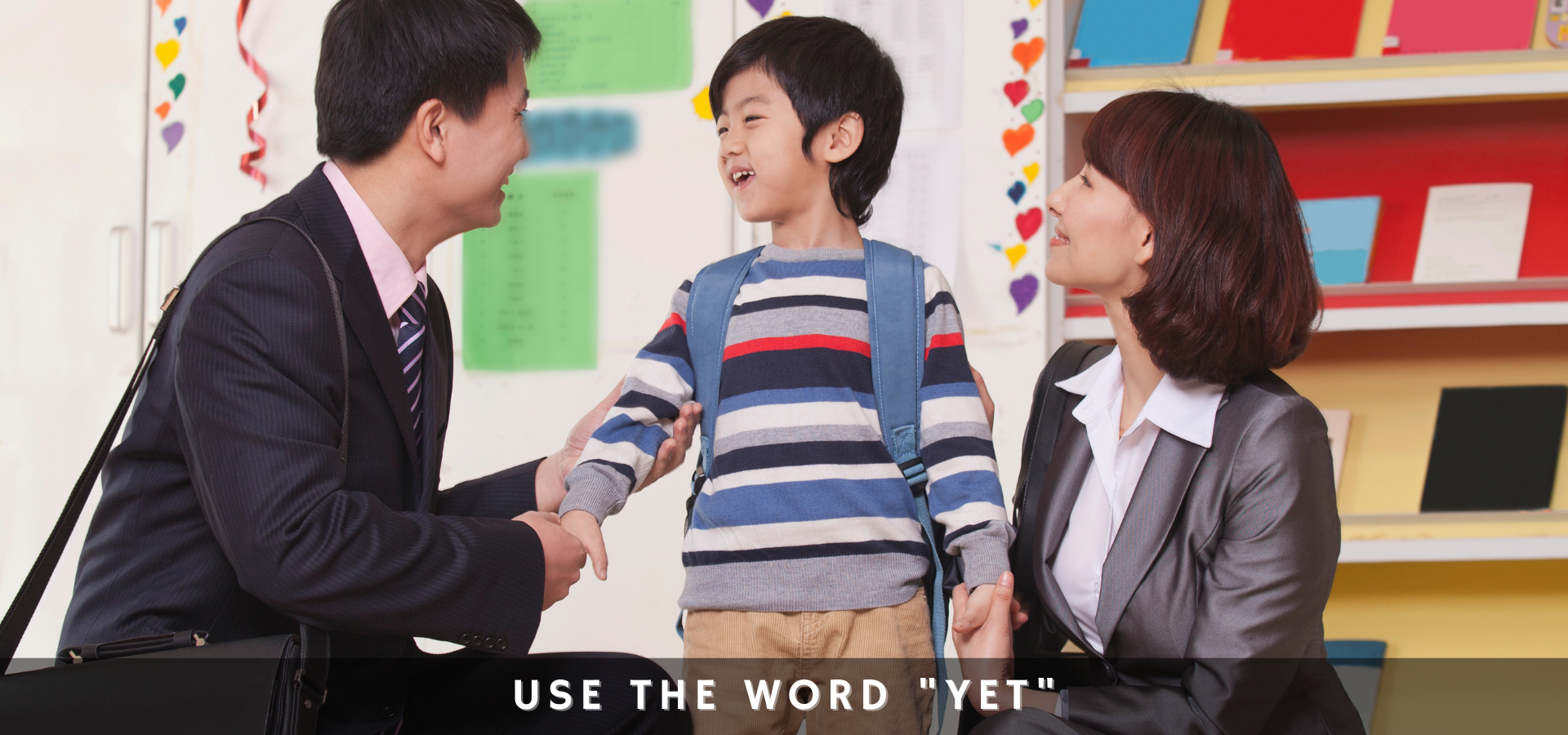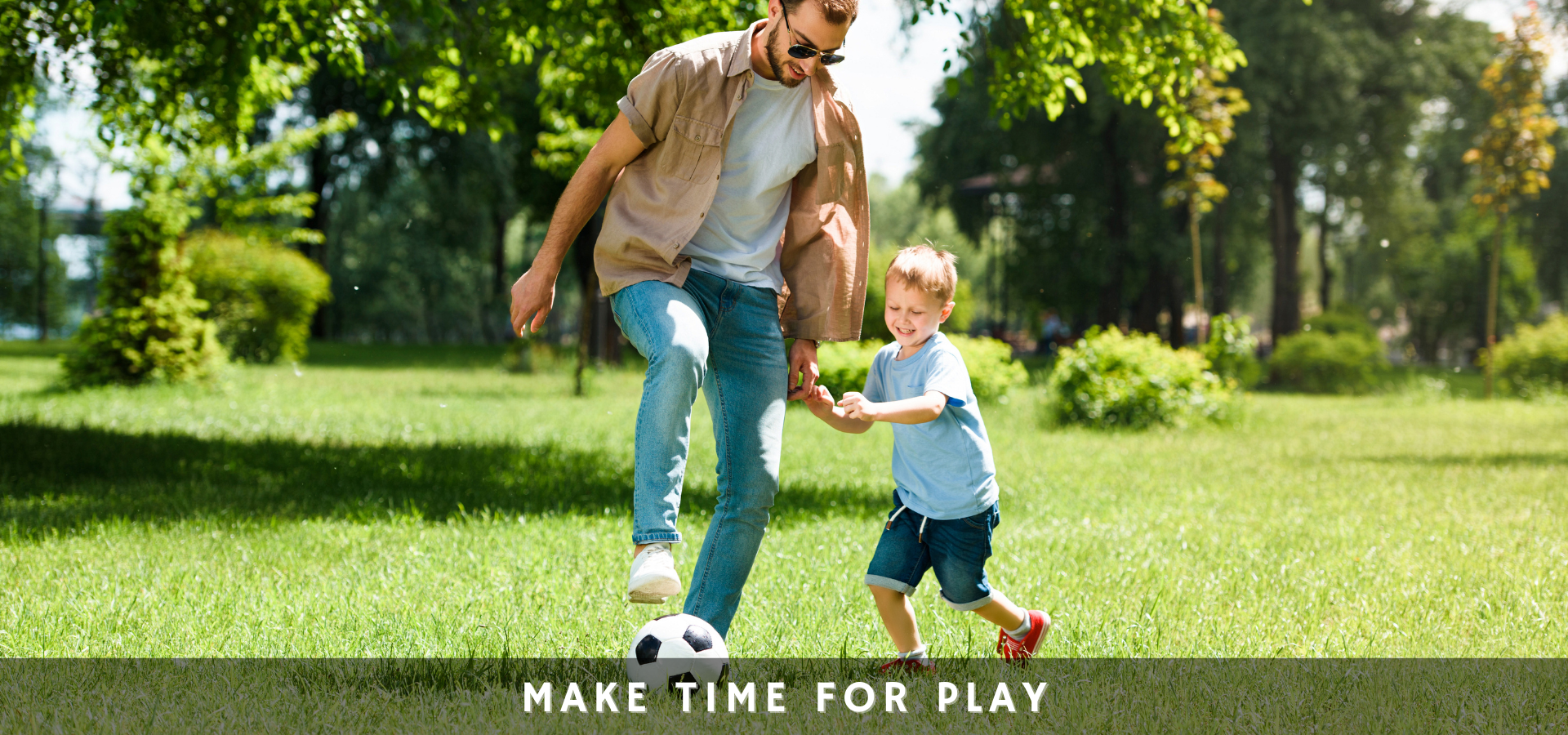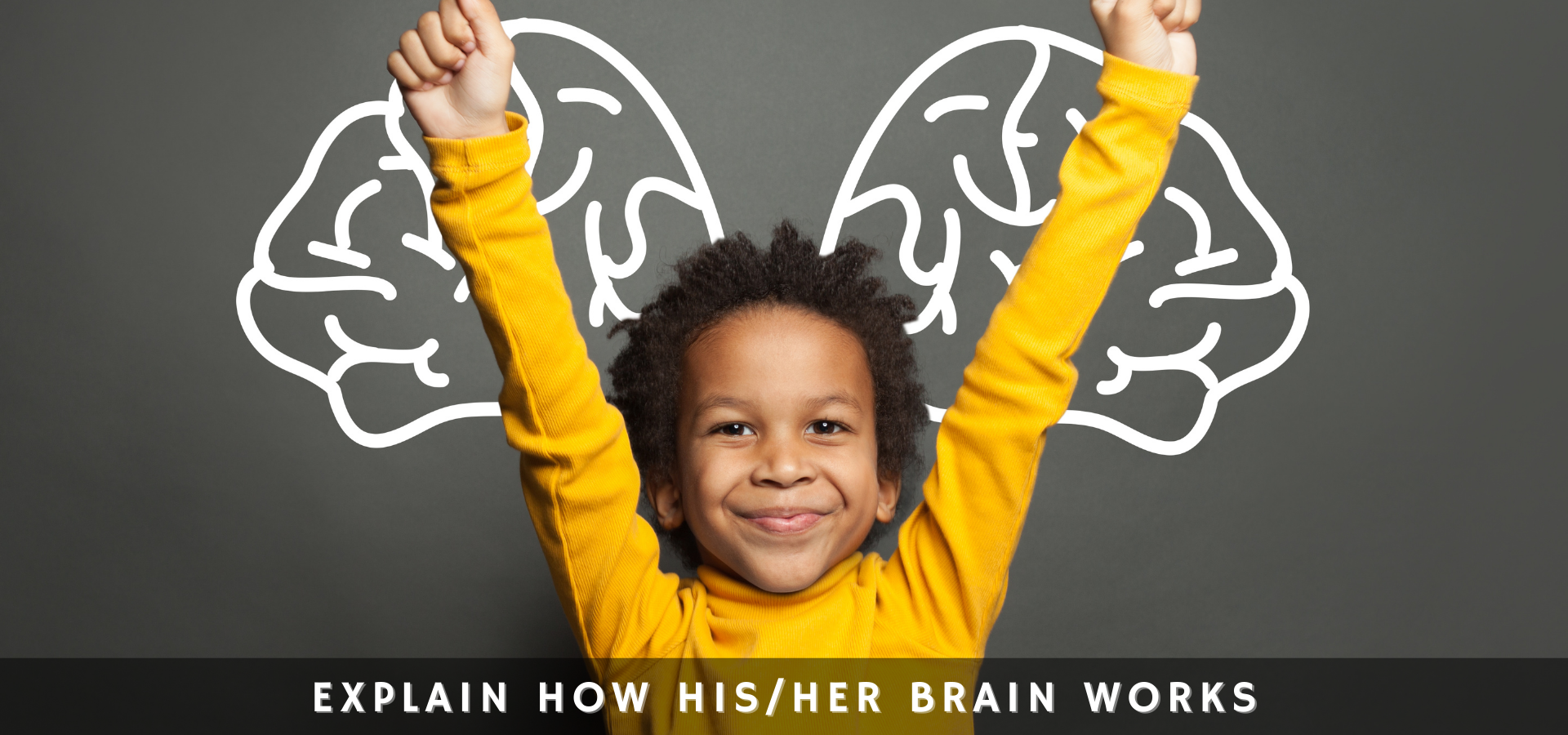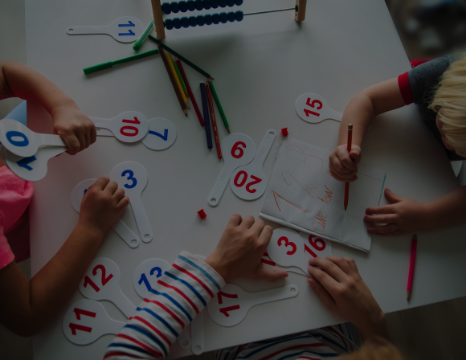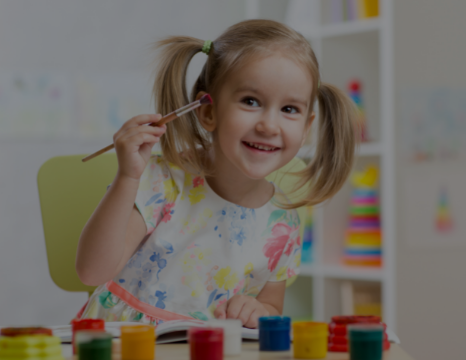HOW CHILDREN LEARN THROUGH PLAY?
"90% part of the children's brains are formed by Emotional Intelligence (EQ)
and the rest 10% are formed by Cognitive Intelligence (IQ)"
Dr Putri Maria Afzan, founder of Kinderkaizen Preschool
At the age of 0 until 6 years old, one of the way to educate children is by playing as it is a natural way for children to learn.
They will explore lots of things during their play time. Play is a simple joy that is cherished part of the childhood.
When children play, they are developing skills in all areas of:
- cognitive development
- physical development
- communication development
- social-emotional development
They practice and reinforce these skills in a way that cannot be achieved through worksheet or screen time.
NATURAL
Play is natural stress reliever that allows children to work through their fears and anxiety.
JOY
Playing is fun and it is also a learning journey where it can enhance the excitement in gaining knowledge.
DISCOVERY
Play helps to build self worth by giving a child chance to develop his/her own abilities and to feel good about themselves. It also promotes risk taking as they are interactig with materials and their environment. This enhance their potential and self-esteem.
It also helps to nurture imagination and allows the children to use their creativity every time they explore new things.
ENGAGEMENT
When they play, they learn essential skills such as how to work in groups, to share things with others, to tolerate and negotiate, to resolve any conflict happens and learn self-advocacy skills.
CHILD DRIVEN
Children make their own decision during play, they start to move at their own pace, discover their own areas of interest, and start to engage fully in the passions they wish to pursue naturally.
SELF-CONTROL
Play supports the development of self-control and allows opportunities for them to regulate their feelings, delay gratification and negotiate with others. Self-control is critical for success later in life. This is how the social-emotional being developed.
TYPE OF PLAY
A Playworker's Taxonomy of Play Types by Bob Hughes

